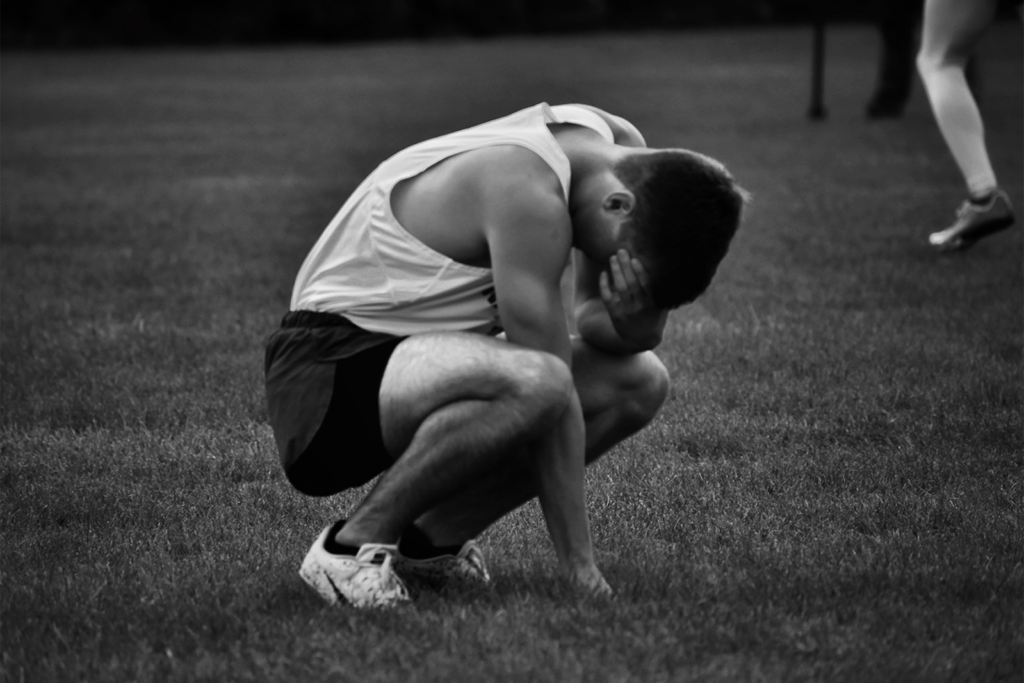“We don’t need perfect. We just need a whole lot of good.”
10 Ideas for Working with a Perfectionist Athlete
As a coach, one of your primary goals is to help your athletes reach their full potential. A few years ago, while attending a USA Women’s National Team volleyball practice, I heard Head Coach Karch Kiraly tell the team, “We don’t need perfect. We just need a whole lot of good.” Each player in the practice gym was there hoping to make the Olympic team. Coach Kiraly knew that most of these players were perfectionists, and he knew the players would feel extreme pressure to be perfect. Making an Olympic team is a lifetime dream for any athlete. He also knew that very high standards for the practices were needed because the USA Women’s Olympic Volleyball Team had never won the Olympic Gold Medal!! For the years of practice and preparation leading to the Tokyo Olympics, the standards never dropped. The program culture began to shift where the players felt more and more safe to practice, learn, and train at the edge of failure... to make mistakes. The result: The USA Women’s Olympic Team’s first ever Gold Medal!
There is a powerful message hidden in the phrase, “We don’t need perfect. We just need a whole lot of good.” Perfectionism can be either a blessing or a curse. People with perfectionist tendencies might believe that they should never make mistakes. Fear of failure can easily grow to harmful levels. It’s okay to be a perfectionist…if the athlete learns how to use it for their benefit.
Here are 10 things you can do to help your perfectionist athlete to thrive:
1. Build a Positive Relationship
The first step is to build a positive relationship with the athlete. This means being supportive, understanding, and encouraging. It also means being patient. Everything begins with trust. Trust defines the relationship, and the relationship will impact the athlete to improve and perform.
2. Celebrate Progress, Not Perfection
As a coach, it’s essential to emphasize progress over perfection. Many athletes become disheartened when they don’t achieve flawless performances right away. Instead, celebrate every small improvement and effort.
3. Focus on Individual Development
Every athlete has unique strengths and weaknesses. Instead of comparing them to others, individualize your coaching approach. Tailor your coaching approach to their specific needs. By recognizing and nurturing their strengths, you’ll foster confidence and motivation.
4. Manage Goals
Perfectionists have very high goals which can sometimes seem unrealistic. Rather than discourage a seemingly impossible goal, break down larger goals into smaller milestones, allowing them to experience a sense of accomplishment along the way. This will keep them motivated and focused on continuous improvement.
5. Make Your Practice Environment Safe to Make Mistakes
Create an environment where they feel comfortable taking risks and learning from failures. Fear of failure can grow to levels that can really hurt skill development and performance. As a coach, how safe is your practice environment for your athletes to make mistakes?
6. Encourage a Growth Mindset
Help your athlete to see that challenges and mistakes are opportunities to learn and grow. Praise their efforts and resilience. With a growth mindset, athletes are more likely to manage imperfection and strive for improvement.
7. Foster a Supportive Team Culture
A perfectionist attitude can bring a wide range of positive and powerful attributes to the team. Higher levels of motivation, persistence, discipline, focus, concentration, attention to detail, and inspiration to others are just a few of the good things that come from a perfectionist teammate.
8. Emphasize the Journey, Not the Destination
Encourage your athletes to see mistakes as steps towards improvement. While winning is often the ultimate goal, keep the focus on “getting better”. The journey of improvement will ultimately produce the desired result. The journey will always include successes, failures, frustrations, and satisfying moments.
9. Utilize Constructive Feedback
Feedback is a powerful tool for improvement, but how it’s delivered can make all the difference. Offer constructive feedback that highlights areas for growth while acknowledging the positives. Avoid negative criticism that can discourage athletes and erode self-esteem. Frame feedback as an opportunity for improvement and a necessary part of the learning process.
10. Teach Them Coping Mechanisms
Perfectionists often have difficulty coping with mistakes and setbacks. As a coach, teach coping mechanisms such as positive self-talk, relaxation techniques, breathing, and visualization. These techniques can help them to manage their anxiety and stress and bounce back from setbacks.
It is important to remember that perfectionism is a complex issue, and there is no “One-size-fits-all” approach for coaching perfectionist athletes. The idea that, “We don’t need perfect. We just need a whole lot of good.” embraces a mindset that can take the coach’s and the athlete’s experience to new heights. The most important thing is to be patient, understanding, and supportive. By working with the athlete to develop a positive mindset while equipping them with useful coping mechanisms, you can help them to achieve their full potential.
Huddle Up!
Let us know what you think! Share your experiences, stories or thoughts that guide your coaching on our new Paragon Coaching Resources Facebook page. Like our page and track with upcoming articles. It’s always helpful for coaches to hear amazing stories. I look forward to hearing from you soon through phone, text or email.
Cell: 1-559-287-8389
Email: [email protected]

